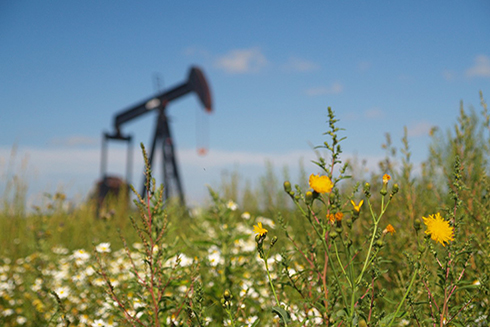News
News Articles
Viewing items with Category: All Categories, Year: All Years

Think Macro Act Micro
How marine science dripped onto the artist’s canvas.
January 23, 2020Blogs and Perspectives, Community Engagement

Advancing Ecosystem Science in St. Pete
The USF College of Marine Science hosted a series of events in December to help advance ecosystem science and ecosystem-based fisheries management.
January 6, 2020News
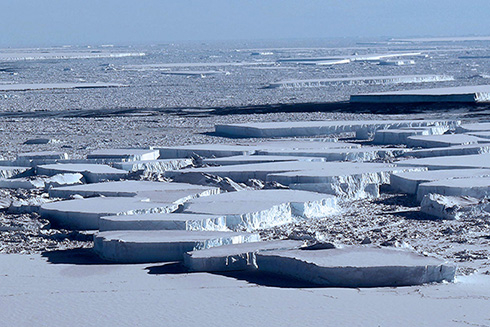
New iron release pathway discovered in Antarctic sediment core study
Iron is important for plant-like algae that form throughout the world’s oceans, taking carbon dioxide from the air to form organic matter which can sink to the bottom of the ocean and be buried in ocean floor sediments.
December 21, 2019News
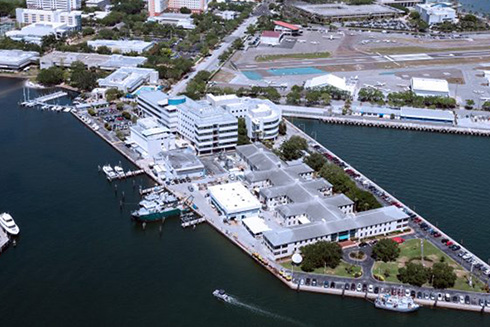
CMS in the News - 2019
The USF College of Marine Science news team is dedicated to sharing USF CMS's story to a global audience. View CMS in the news for 2019.
December 20, 2019CMS in the News
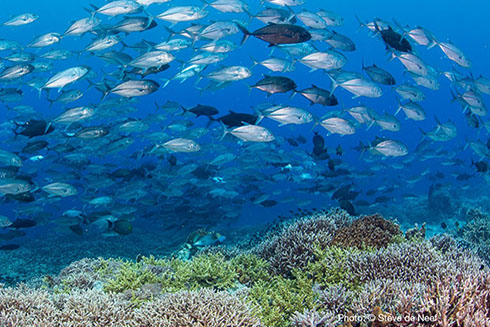
Ocean Running Low on Oxygen
USF CMS professor, Dr. Brad Seibel, co-authors the latest IUCN report covering ocean deoxygenation
December 12, 2019News
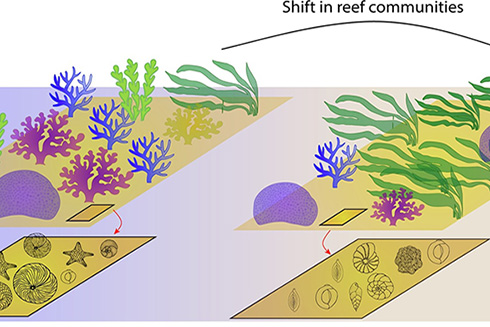
Forams: Small but Mighty Water-Quality Indicators
A study reported recently in Environmental Pollution outlines the strengths and limitations of the FI, which was first developed based on studies in the Atlantic and Caribbean.
December 11, 2019News

Rising Tides - December 2019
View some of the highlights in the Rising Tides Newsletter, February 2021 edition.
December 11, 2019Rising Tides Newsletter

Von Rosenstiel Innovation Fund for Marine Science Awards
Congratulations to the inaugural Von Rosenstiel Innovation Fund for Marine Science Award winners: Ryan Venturelli, Jonathan Sharp, and Jing Chen!
December 10, 2019Blogs and Perspectives
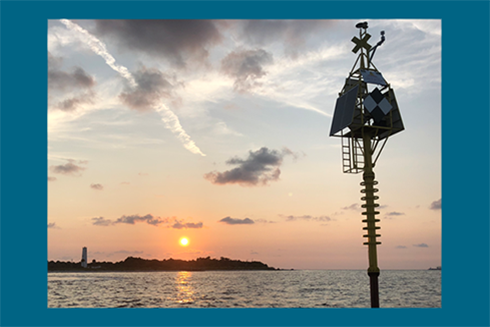
USF Geoscientists Develop Technology to Improve Forecasting of Earthquakes, Tsunamis
Prototype has been tested off Egmont Key, potential uses could span the globe
November 21, 2019News
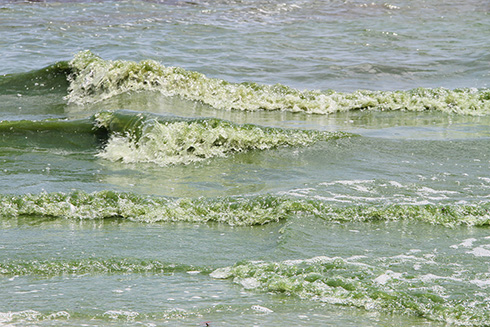
NASA-Funded Project Spurs New Collaboration to Better Understand Recent South Florida Blue-Green Algal Blooms
University scientists team up with water management agency in a NASA-funded project to improve our understanding of cyanobacteria blooms using state-of-the-art remote sensing, models, and field surveys.
November 20, 2019News

Great American Teach In – Largo High School
During the day of the event Natalia Lopez was going to talk to only one group, but both the students and teachers asked if Natalia Lopez could stay longer to ask more questions, talk to their friends in other grades and get more details about these opportunities.
November 19, 2019Blogs and Perspectives, Community Engagement
